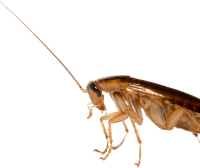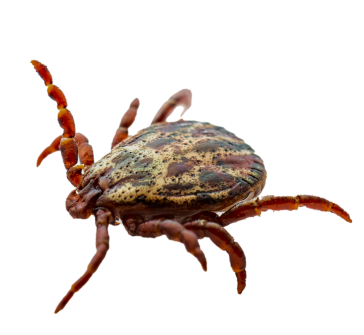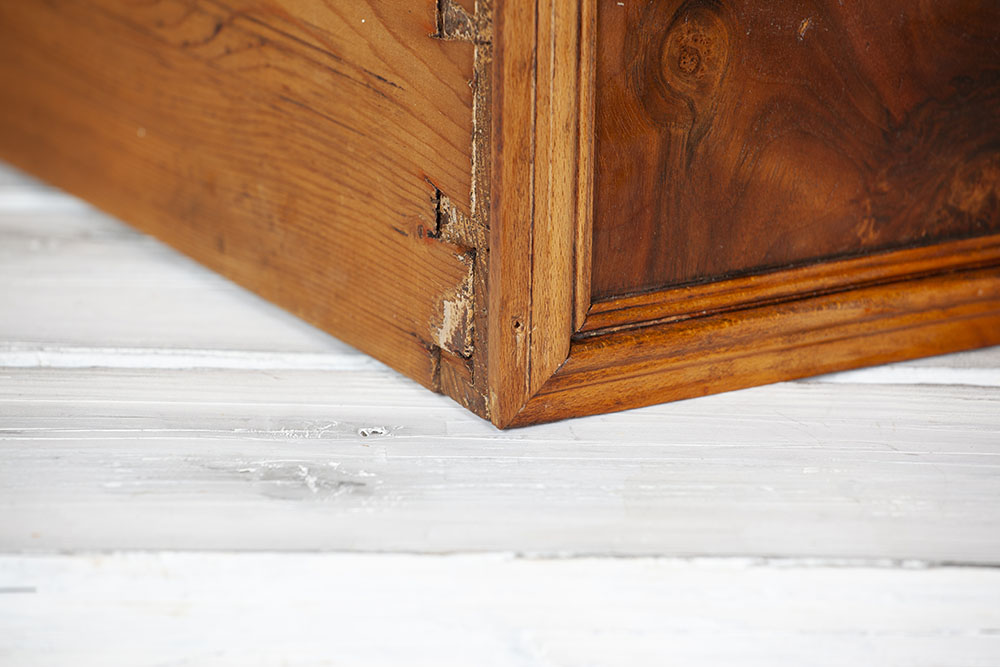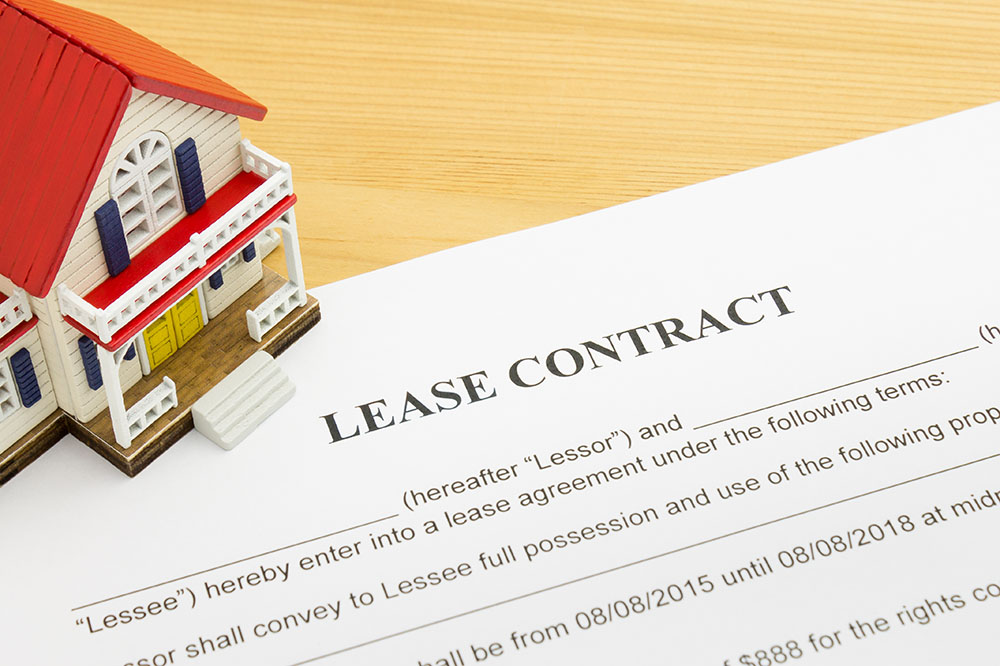Ticks are parasitic creatures that feed on the blood of animals and humans. There are many different species of ticks, but they all have a similar life cycle. Ticks will attach themselves to their host and feed for several days before falling off. During this time, they can transmit diseases, such as Lyme disease, to their host.
Ticks are small, blood-sucking parasites that can spread disease to both humans and animals.
Although there are many different species of ticks, they all go through a similar breeding cycle. After mating, female ticks will lay their eggs on the ground, often in areas with high levels of moisture. Once the eggs hatch, the larvae will climb onto nearby animals or humans and begin feeding. After several weeks of feeding, the larvae will fall off and molt into nymphs. The nymphs will then find another host and repeat the cycle. Once they have fed enough, the nymphs will molt into adults and begin the process of mating and laying eggs. Ticks can complete their breeding cycle in as little as two months, meaning that they can produce large numbers of offspring in a short period of time. Given the speed of their breeding cycle and their ability to spread disease, ticks are a serious public health concern.
Ticks are small, often microscopic, creatures that can be very difficult to spot. They are generally found in wooded or grassy areas, where they can latch onto passersby. Anyone who spends time in areas where ticks are present should be vigilant for signs of a tick bite and seek medical attention if one is found.
Pets can be great companions, and many landlords are happy to accommodate tenants who have pets. However, it's important to remember that dogs and cats specifically can also bring fleas and ticks into the premises. These creepy crawlies can then spread to the next tenants, causing them distress and potentially leading to legal action. As well as being a health hazard, pests can also cause damage to your property. If left unchecked, they can quickly infest an entire house or apartment, leading to costly repairs. In some cases, they may even void comprehensive insurance.
So if you're looking to protect your investment and ensure a smooth transition to the next tenant, a lease flea treatment is essential.
There are a number of different pests that can be found in rental properties, and each one poses a different risk to your property for e.g. bed bugs. By having an end of lease treatment carried out, you can be sure that all of these pests will be removed from your property and that your home will be safe from them in the future.
Fleas and ticks can cause a number of problems for humans, including skin irritation, allergies and diseases.
Flea bites can cause itchiness and redness, and in some cases, can lead to more serious skin infections.
Ticks can transmit Lyme disease, which is a serious bacterial infection that can cause a range of symptoms, including fever, headaches and muscle pain.
Fleas and ticks can have a significant impact on our lives, both physically and emotionally. Flea and tick infestations can be difficult to get rid of, and can cause a great deal of stress. In some cases, they can also lead to serious diseases. If you're renting a property, it's important to get an end of lease treatment to prevent fleas and ticks from infesting the premises.


















